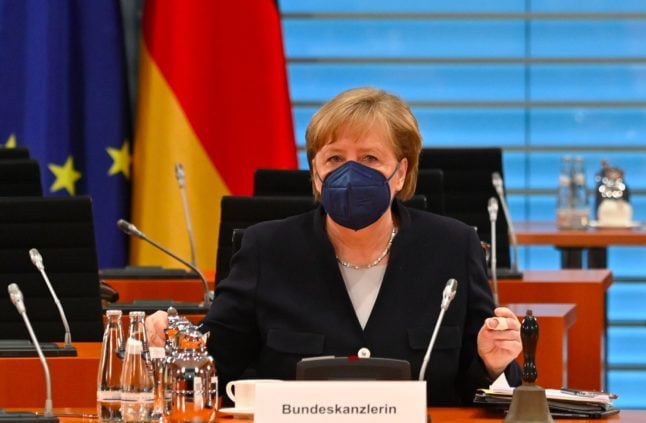"In the particular circumstances of this outbreak, and provided certain conditions are met, the panel reached consensus that it is ethical to offer unproven interventions with as yet unknown efficacy and adverse effects, as potential treatment or prevention," the UN's health agency said in a statement.
There is currently no available cure or vaccine for Ebola, and the WHO has declared the latest outbreak a global public health emergency.
But the use of an experimental drug called ZMapp on two Americans and a Spanish priest infected with the virus while working in Africa has opened up an intense ethical debate.
The drug, which is in very short supply, has reportedly shown promising results in the two Americans, but the priest has died, the Spanish hospital where he was being treated said on Tuesday.
US company Mapp Bioparmaceutical which makes the drug said Monday it had sent all its available supplies to west Africa.
Medical experts from around the world took part in WHO-hosted discussions Monday to draft guidelines for using non-authorized medicines in emergencies such as Ebola.
"Ethical criteria must guide the provision of such interventions," the panel found, stressing the need for "transparency about all aspects of care, informed consent, freedom of choice, confidentiality, respect for the person, preservation of dignity and involvement of the community."
The panel of experts also emphasized the "moral obligation to collect and share all data generated, including from treatments provided for 'compassionate use'," meaning access to an unapproved drug outside of a clinical trial.
The disease has infected 1,848 people and caused 1,013 deaths since early this year, according to latest figures from the WHO, which says it is worst outbreak since Ebola was discovered four decades ago.
The deadly outbreak has until now been limited to Guinea, Liberia, Sierra Leone and Nigeria, all countries in west Africa where ill-equipped and fragile health systems are struggling to cope.
WHO
Panel OKs Ebola drug as death toll tops 1,000
A panel of medical experts has determined it is ethical to provide experimental treatments to patients infected with the deadly Ebola virus, the Geneva-based World Health Organization said Tuesday as the global death toll topped 1,000.
Published: 12 August 2014 11:33 CEST

Workers unload Ebola medical supplies from China at Conakry airport in Guinea on Monday. Photo: Cellou Binani/AFP
Url copied to clipboard!


 Please whitelist us to continue reading.
Please whitelist us to continue reading.
Member comments